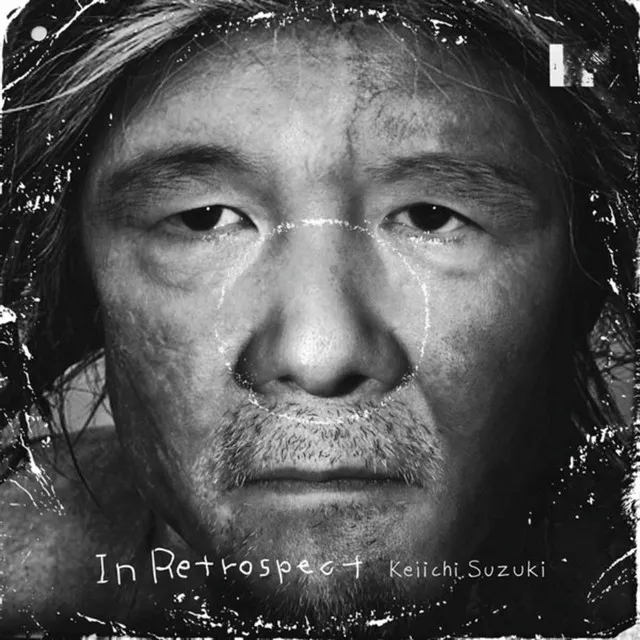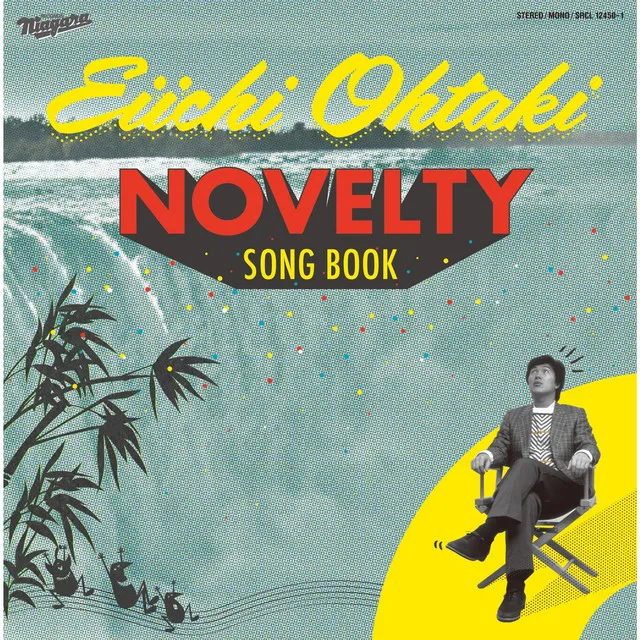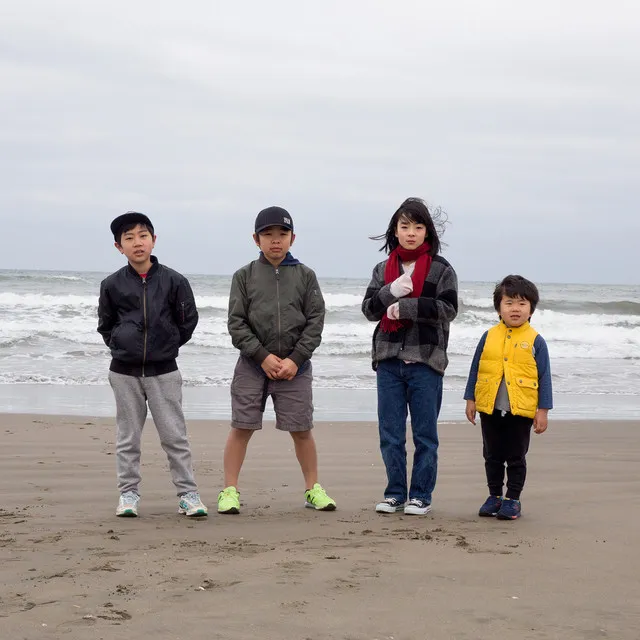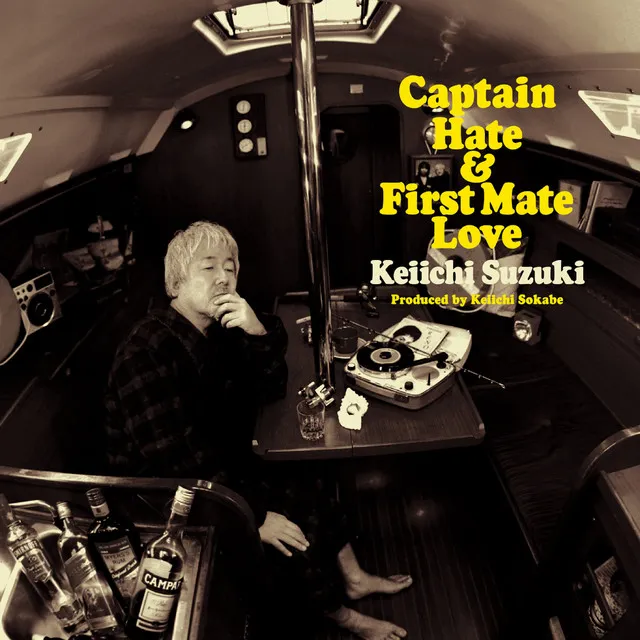Active since the early 1970s, Keiichi Suzuki is a pioneer of Japanese-language rock as well as video game music. He co-founded the short-lived folk-rock band Hachimitsupai in 1971 before initiating the prolific, influential art-pop group the Moonriders in 1975. Additionally, Suzuki formed a new wave duo called the Beatniks with Yellow Magic Orchestra's Yukihiro Takahashi in the early '80s. By the end of the decade, Suzuki began composing music for video games, beginning with the groundbreaking Mother (with Hirokazu Tanaka) in 1989. Following his 1991 album Suzuki White Report, much of Suzuki's work has consisted of motion picture soundtracks or video game scores, although he has also released solo efforts such as 2008's Captain Hate & First Mate Love. Throughout his career, Suzuki has written and produced material for Japanese pop stars such as Taeko Ohnuki, Akiko Yano, and Saeko Suzuki.
Keiichi Suzuki, son of actor Akio Suzuki, was born in Tokyo in 1951. He began his musical career in the early '70s, when he founded Hachimitsupai, who initially played as the backing band for Morio Agata before recording their own material. The band released an album of lush country rock titled Sentimental Street in 1973, and additionally played on albums by Nobuyasu Okabayashi and Kyozo Nishioka. Suzuki then founded the Moonriders with his brother Hirobumi, debuting with Hinotama Boy in 1976. The group's sound progressed from that album's psychedelic folk-rock to the arty new wave of releases such as 1979's Modern Music and 1982's Aozora Hyakkei. Additionally, Suzuki and Yellow Magic Orchestra's Yukihiro Takahashi formed synth pop duo the Beatniks, whose first album, Exitentialism, appeared in 1981. Unlike Suzuki's work with the Moonriders, the songs on the Beatniks' debut album were sung in English or French, rather than Japanese. The group's second album, Exitentialist A Go Go, was released in 1987. During the decade, Suzuki also began his acting career, appearing in films such as Body Drop Asphalt and Swallowtail.
In 1989, Suzuki and chiptune pioneer Hirokazu "Hip" Tanaka (who composed music for Nintendo games such as Metroid and Super Mario Land) wrote the soundtrack for the role-playing game Mother, later re-released as EarthBound Beginnings. The duo also recorded a studio album featuring fully orchestrated versions of the game's music, including arrangements by Michael Nyman and David Bedford. A solo full-length titled Suzuki White Report was released in 1991; album track "Satellite Serenade" was issued as a single in 1992, including a 14-minute remix by the Orb, which went on to become a chill-out room classic. Suzuki and Tanaka co-wrote the music for Mother 2 (named EarthBound in North America) in 1994, this time joined by additional composers Hiroshi Kanazu and Toshiyuki Ueno. Both Mother scores attained popularity outside of the context of the video games, particularly "Eight Melodies" from the first volume, which was subsequently included in Japanese music textbooks. In 1997, Suzuki composed music for Real Sound: Kaze no Regret, an adventure audio game developed for the visually impaired.
Suzuki continued making music as part of the Moonriders and the Beatniks, in addition to writing songs for Pizzicato Five's Maki Nomiya and Miu Sakamoto (daughter of Ryuichi Sakamoto and Akiko Yano). Suzuki's electronic score for the movie Zatoichi was released in 2003. Solo album Captain Hate & First Mate Love, produced by Keiichi Sokabe, was released in 2008, and the two toured together. Pirate Radio Seasick was released the following year, and In Retrospect appeared in 2011. Suzuki released several soundtracks during the decade, including the Outrage trilogy and 2015's Ryuzo and His Seven Henchmen. He also released solo album Records and Memories in 2015. Additionally, Mother and Mother 2 were given deluxe vinyl reissues by Ship to Shore. Suzuki's soundtrack to the anime film Okko's Inn was released in 2019. ~ Paul Simpson, Rovi




